Can maternal stress impact the development of the unborn baby?
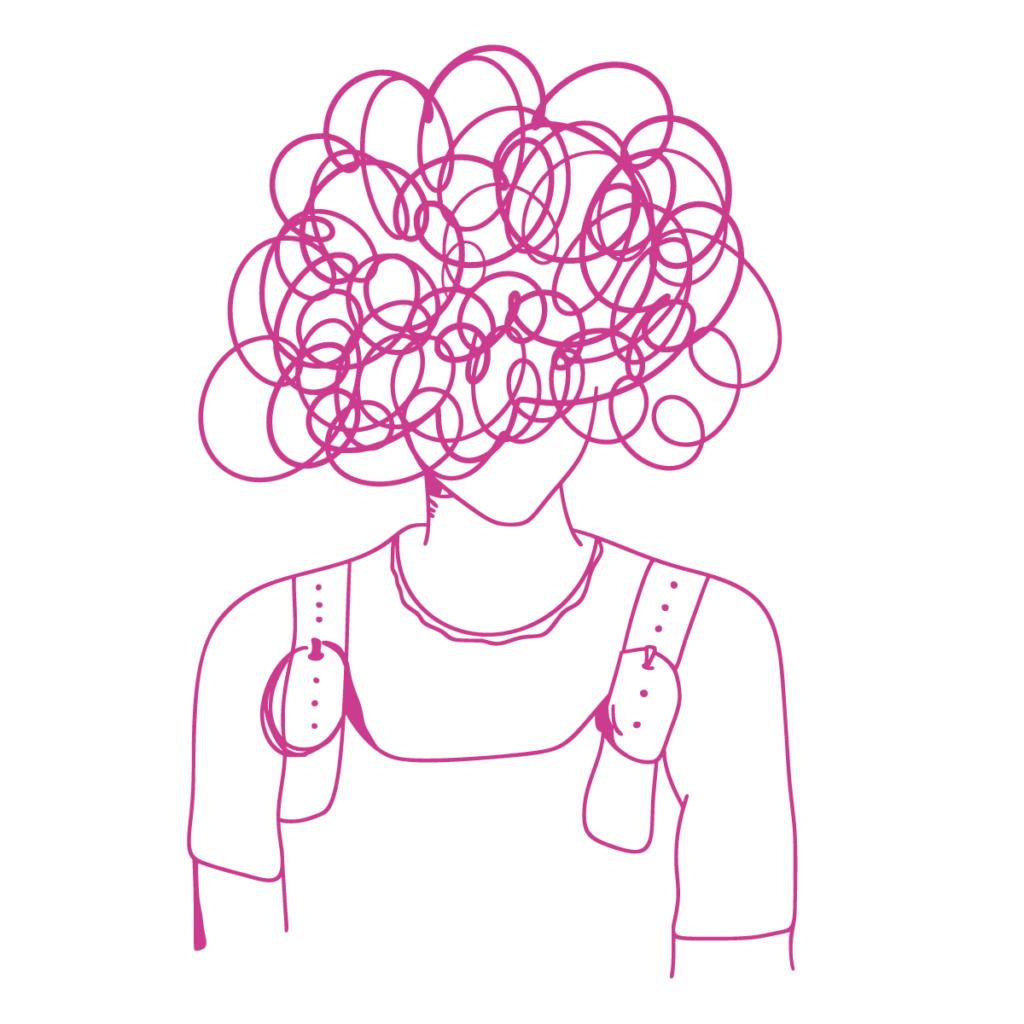
We live in a hostile world where every day we face pressure from our jobs, from comparing ourselves with others and feeling that we are not enough. We also deal with daily news about increasing prices, societal pressures, fast-paced lifestyles, social isolation, and extreme competitiveness.
We’ve managed to handle so much pressure when it was just about us. But what happens when we are sharing all that with a developing human being inside in our body?
It would be simplistic to assume that the unborn baby’s experiences directly mirror those of the mother, including feelings of anxiety and stress. While the mother and the unborn baby share a physiological connection during pregnancy, the unborn baby’s experiences are not identical to the mother’s.
Can our body protect our unborn baby from ourselves? From our anxiety and daily stress?
The maternal body does indeed have mechanisms to protect the unborn baby under various circumstances, including stress and anxiety. These protective mechanisms involve the placenta, which acts as a barrier and regulator between the maternal and fetal circulations. Additionally, the unborn baby’s developing nervous system and stress response systems may have their regulatory processes to help buffer against the effects of maternal stress.
However, it’s important to recognize that while these protective mechanisms exist, maternal stress can still have significant effects on the prenatal environment and fetal development.
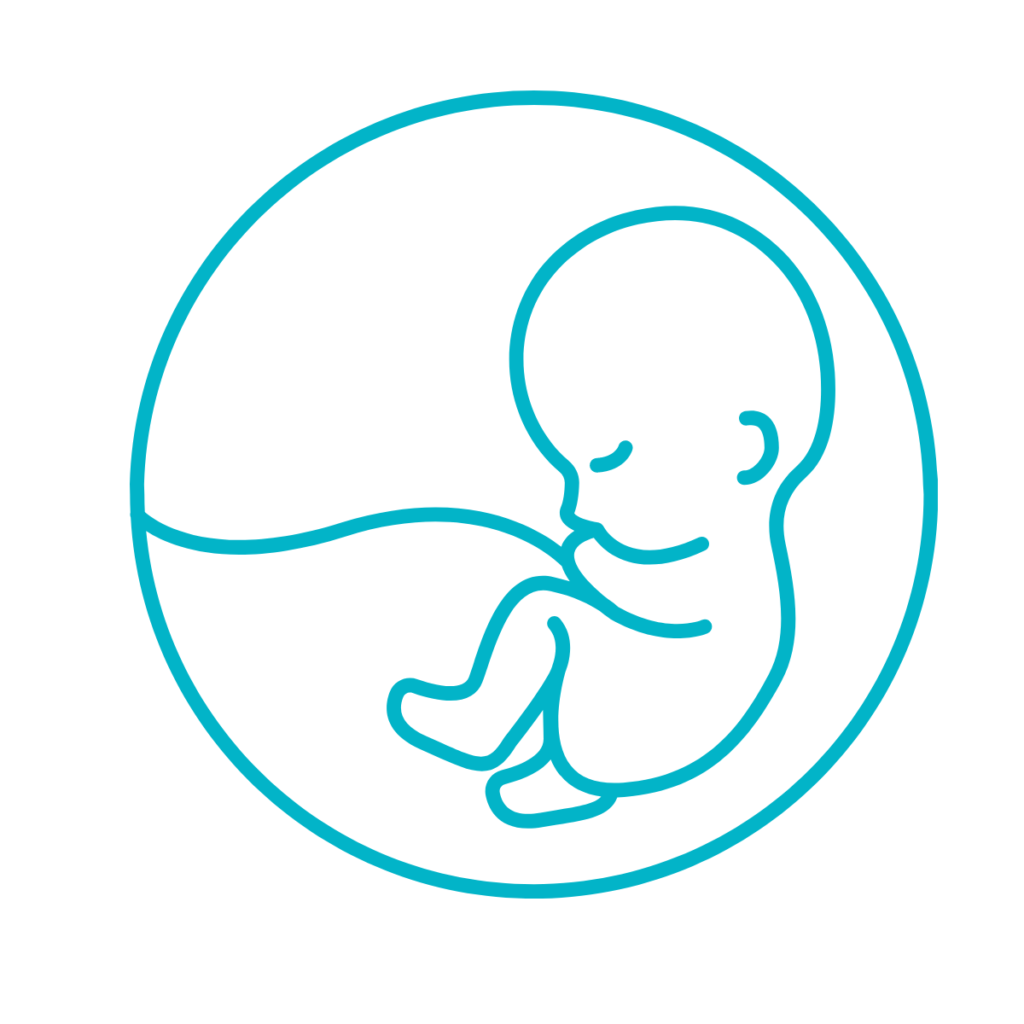
What is the stress?
Stress is a natural physiological and psychological response to perceived threats, challenges, or demands. It triggers a series of physical and emotional reactions designed to help individuals cope with or adapt to the stressor. These reactions may include the release of stress hormones like cortisol and adrenaline.
A natural response sounds reassuring, but when does it turn into something that might harm ourselves and consequently have an impact on our baby?
While acute stress can be beneficial and help individuals perform better under pressure, chronic or excessive stress can have detrimental effects on physical and mental health for the mom-to-be, and for the unborn baby.
How is stress triggered in our body?
It is a complex physiological and psychological process. The physiological stress response is primarily mediated by the hypothalamic-pituitary-adrenal (HPA) axis and the sympathetic nervous system (SNS).
Activation of the HPA Axis:
When a person encounters a stressor, such as a threat or challenge, the hypothalamus, a region of the brain, detects the stressor and releases the corticotropin-releasing hormone (CRH).
CRH then signals the pituitary gland, another brain structure, to release adrenocorticotropic hormone (ACTH). ACTH travels through the bloodstream to the adrenal glands, which are located above the kidneys, prompting them to release stress hormones, primarily cortisol.

Cortisol helps the body cope with stress by increasing energy availability, enhancing alertness and focus, and modulating immune responses. It also plays a role in regulating the sleep-wake cycle and supporting various bodily functions during periods of stress.
While cortisol is essential for survival and adaptation to acute stressors, chronic or excessive cortisol levels can have detrimental effects on health, including immune suppression, weight gain, impaired cognitive function, and increased risk of cardiovascular disease and other chronic conditions.
Activation of the Sympathetic Nervous System (SNS):
Simultaneously with the HPA axis activation, the sympathetic nervous system is also activated in response to stress. The sympathetic nervous system stimulates the release of adrenaline and noradrenaline from the adrenal medulla, which are involved in the “fight or flight” response.
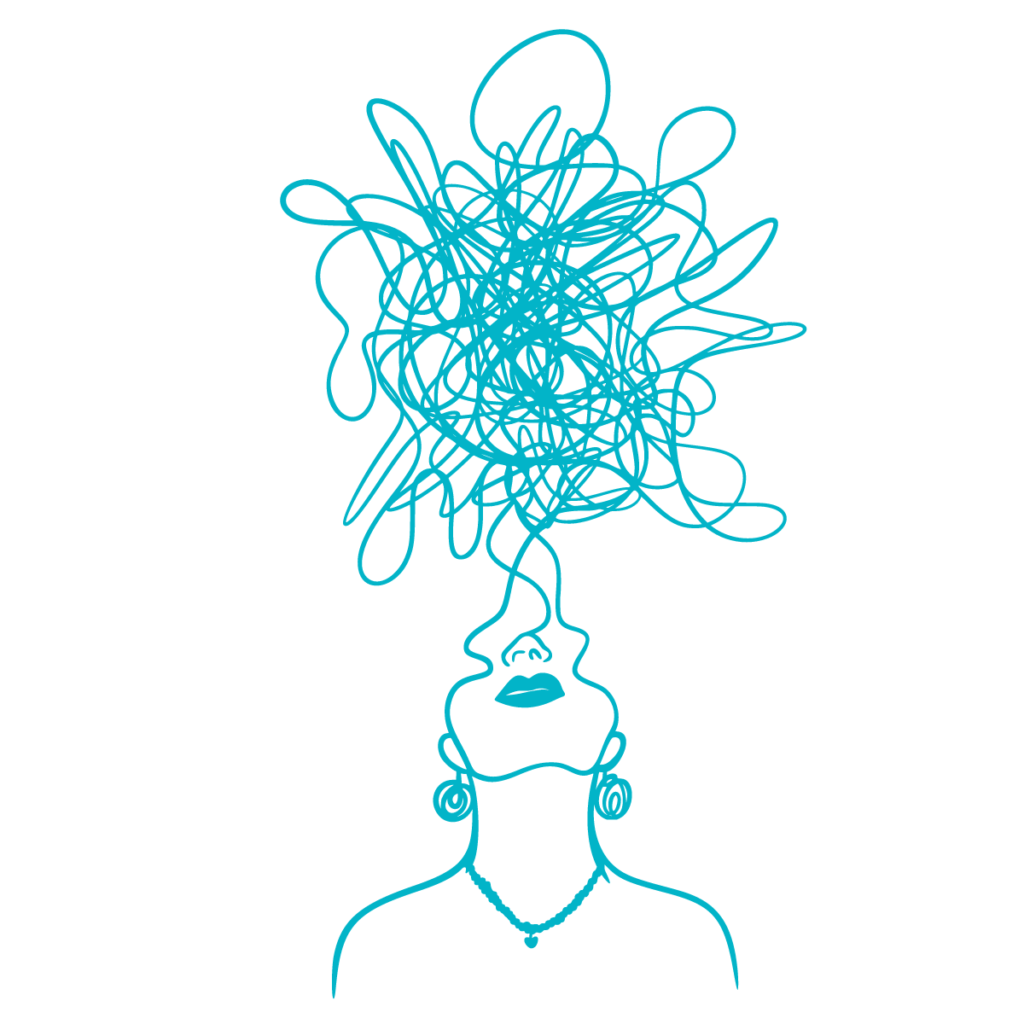
These hormones increase heart rate, elevate blood pressure, dilate airways, and redirect blood flow to essential organs, preparing the body to respond to the stressor quickly.
This natural response enhances performance, promotes resilience and protects the body from harm in the face of temporary stressors.
Can cortisol and adrenaline cross the placenta?
Yes, both adrenaline (epinephrine) and cortisol can cross the placenta. These stress hormones, produced by the mother’s body in response to stress, can pass from the maternal bloodstream through the placenta to the fetal bloodstream.
The placenta serves as a barrier between the maternal and fetal circulations, and while it provides important nutrients and oxygen to the fetus, it is not impermeable to all substances. Cortisol and adrenaline are some of the substances that can pass through the placenta due to its small size and lipophilic (fat-soluble) nature.
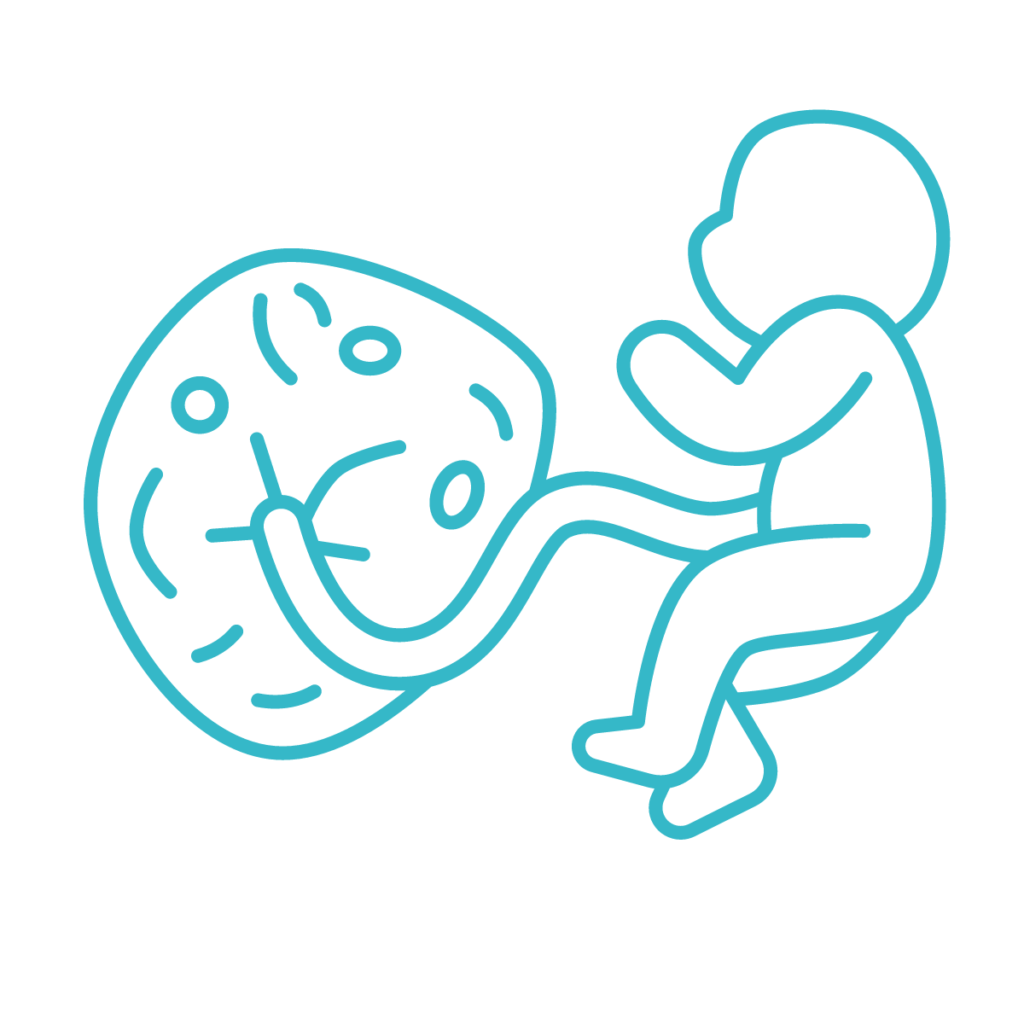
What happens when the levels of those hormones are commonly present in the mother-to-be?

Prolonged activation of the maternal stress response can lead to elevated levels of stress hormones in the fetal bloodstream, which may disrupt normal fetal growth and development and increase the risk of adverse outcomes, such as preterm birth, low birth weight, and long-term health issues.
Anxiety during pregnancy can potentially impact the future behaviour of the baby. Research suggests that prenatal exposure to maternal anxiety may be associated with a higher likelihood of behavioral issues in children.
Elevated levels of cortisol in utero have been linked to alterations in brain development and programming, potentially influencing the child’s behavior later in life.
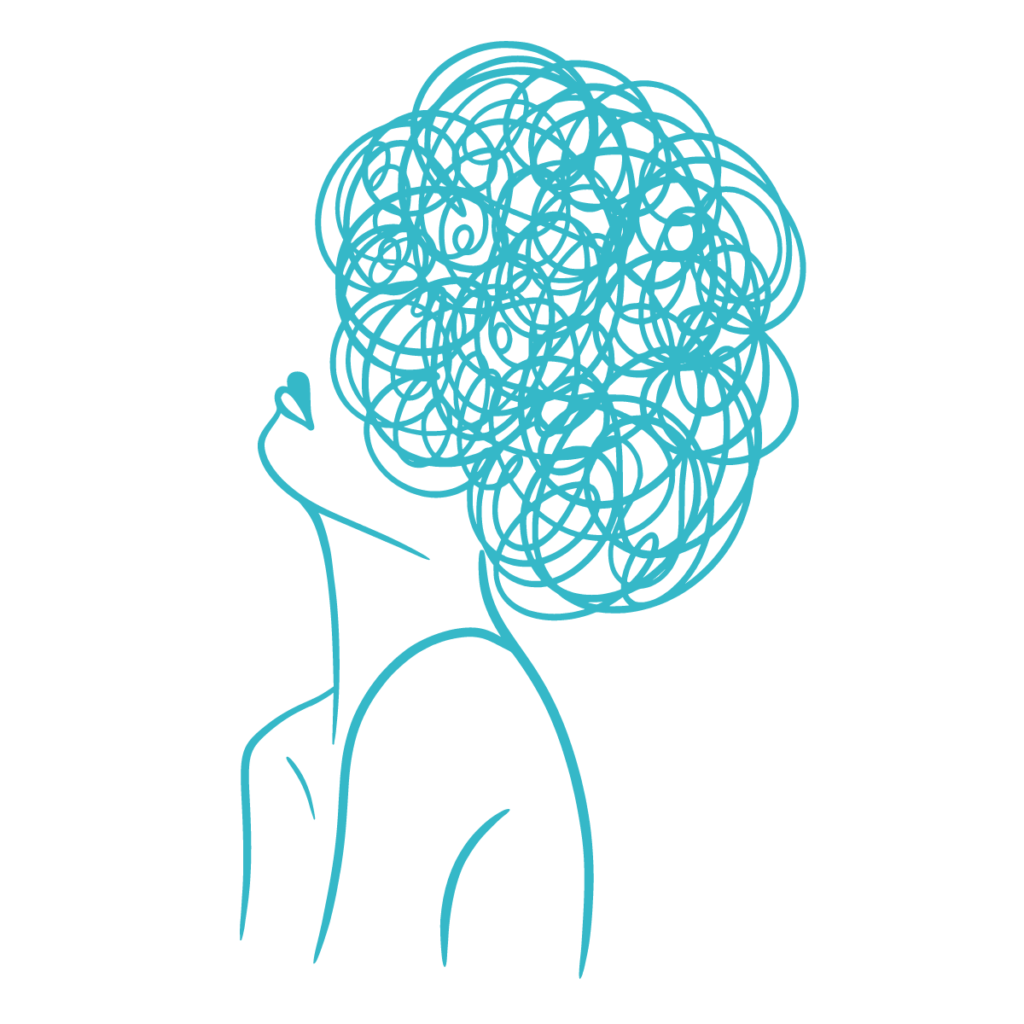
Exposure to maternal anxiety in utero may shape the developing fetal brain and stress response systems, leading to long-lasting changes in behavior and emotional regulation.
Maternal anxiety may also influence parenting behaviors after birth, affecting the child’s attachment, emotional development, and behavioral outcomes.
While the exact mechanisms are complex and not fully understood, numerous studies have found associations between maternal anxiety during pregnancy and adverse behavioral outcomes in children, including increased risk of anxiety, attention difficulties, hyperactivity, and other behavioral problems.
Is it all bad about these stress hormones?
While stress hormones like adrenaline and cortisol are often viewed as having negative effects, there are some potential benefits for the fetus in certain situations:
Maternal Survival: In cases where the mother experiences a threat or emergency that triggers a stress response, the release of adrenaline and cortisol can help prepare her body to respond effectively to the threat.
Increased Oxygen Supply: Adrenaline can cause blood vessels in the mother’s body to dilate, directing more oxygen- rich blood to vital organs, including the uterus and placenta. This increased blood flow can enhance oxygen delivery to the fetus, which is crucial for fetal growth and development.

Maturation of Fetal Organs: Cortisol plays a role in the maturation of fetal organs, particularly the lungs. In late pregnancy, the fetal adrenal glands begin producing cortisol, which helps stimulate surfactant production in the lungs, essential for lung development and function. Maternal cortisol can also influence the timing of labor and contribute to the maturation of other fetal organs.
What can I do to reduce the levels of stress during pregnancy?
Focus on you, and your baby, take time to relax. Prioritize self- care by engaging in relaxation techniques, seeking social support, maintaining a healthy lifestyle, and practicing mindfulness and stress management strategies.
Check out our other posts related to this topic!
